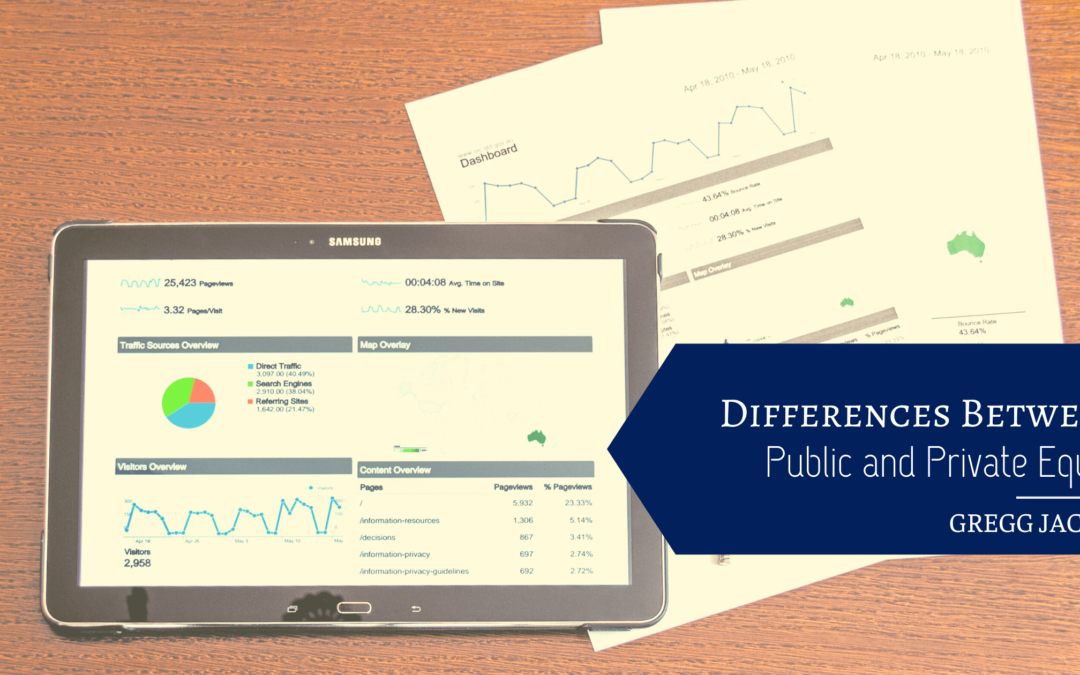Equity typically means the ownership of shares of company shares. Shares can come with attached liabilities or debts. Equity represents an investor’s money in the company, and it’s refundable in case shares are liquidated. There are generally two types of equity: public equity and private equity. This article is a guide on private equity Vs. public equity.
Private Equity
Means security or assets representing ownership of a private company. Financial information about private equity is not published or disclosed to the public. Non-shareholders can only speculate on the price of shares. The greatest advantage is that private equity is not regulated by government agencies such as the Security Exchange Commission, hence no pressure on investors.
Public Equity
Typically means your security or assets representing ownership of a public company. Public companies are regulated by the government, and they are required to publish their financial information to the general public. Everything about public companies is visible to the general public.
Investors in public companies hold annual meetings where they assess the performance of the company. During these meetings, the shareholders might decide to change the management, and the results must be declared publicly.
Due to the pressure associated with public shareholding, investors prefer making short-term prospects. Public company shares are traded in the public market through a federally regulated exchange market.
Public Vs. Private Equity
The major difference between public and private equity is that public equity means ownership of shares in a publicly-traded company, while private equity means ownership of shares in a private company.
Other differences are that with private equity, it’s not obligatory to publish financial information, but such publication is mandatory for public equity. Public equity investors work on short-term prospects due to public pressure, while private equity investors are free to work on long-term prospects.
Public equity is targeted at everyone in the general public who can buy and trade the shares, but private equity is targeted at specific high net-worth individuals. Since private companies are not subject to public shareholders, private equity is not heavily regulated. Public equity, on the other hand, is heavily regulated by government agencies because public companies are answerable to public shareholders.
Private equity shareholders can trade the shares among themselves and to the public but only with the consent of the company founders. Public equity shareholders can trade their shares to anyone in the general public.

